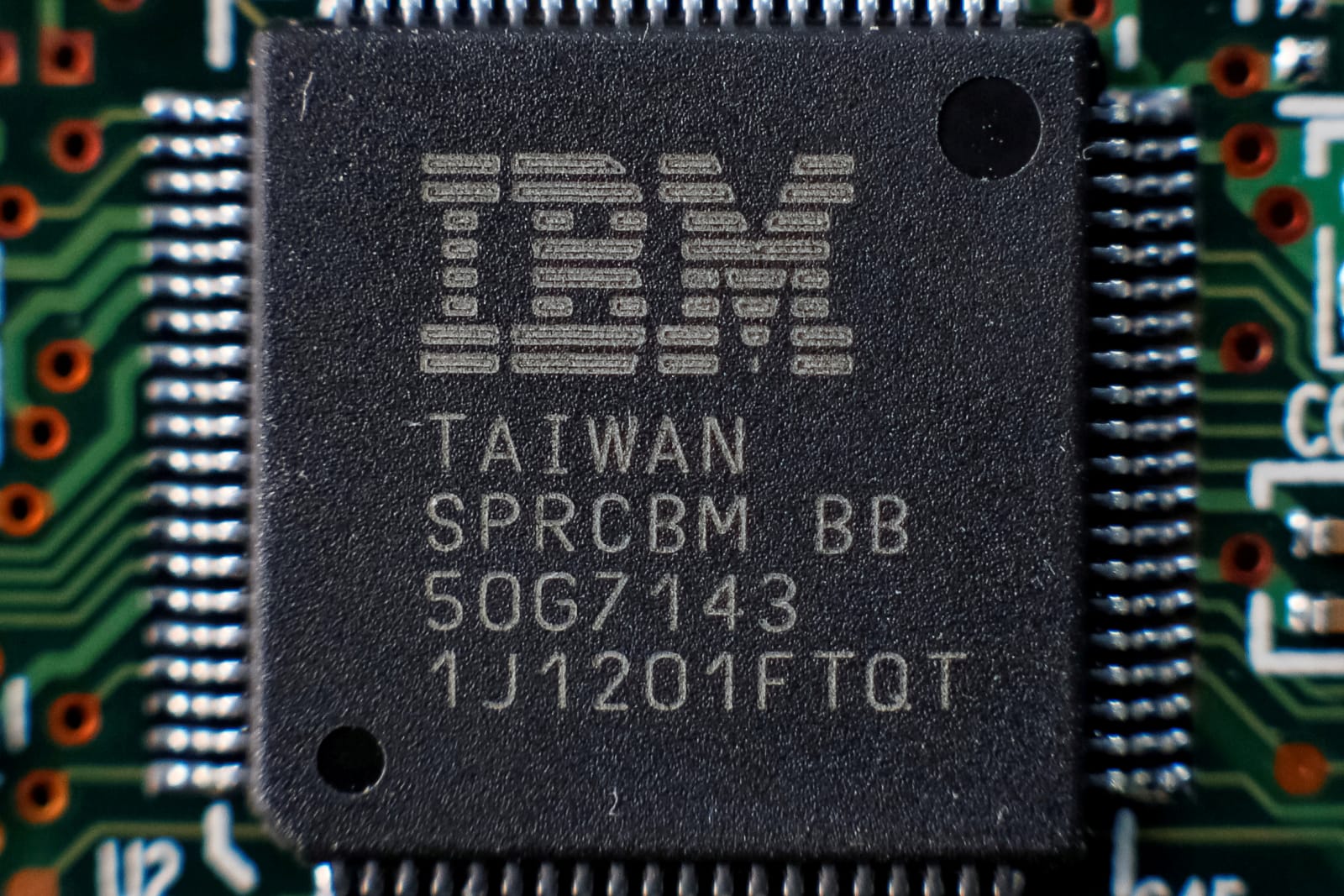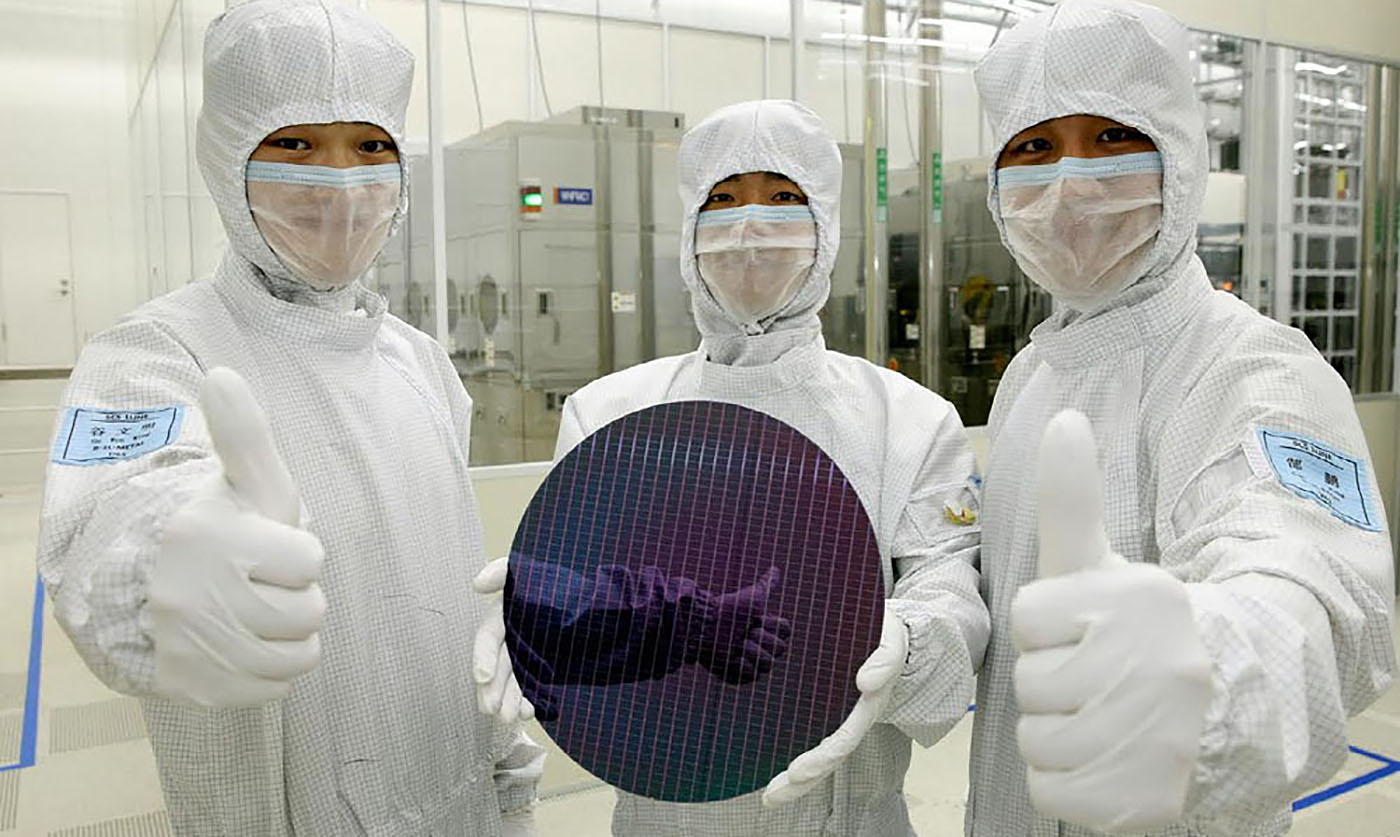
If you're in need of a concrete example of how the chip-making industry is trickier than ever, and how it rewards scale at the expense of flexibility, then please, look no further. AMD has just significantly reduced its order for silicon wafers from its old mate Globalfoundries, in an effort to avoid the inventory surpluses and write-downs that have recently plagued its balance sheet. Instead of buying the originally agreed $500 million-worth of cake trays this quarter, it's now committed to spending just $115 million. Except it was never, ever gonna be that simple. In lieu of reneging on its contract at short notice, AMD will have to pay Globalfoundries a $320 million penalty on top, bringing the final cost of the deal to just $65 million less than what it would have paid for the full order.
On the plus side, of course, that's still a major saving for a company which is going through an intense rough patch (to say the least) and trying to cling to every dime. Besides, AMD managed to get out of paying the fee as a lump sum, while also reducing its obligations for 2013 and agreeing to pay Globalfoundries less for R&D once it shifts to a more standard 28nm process -- so it can't entirely have run out of clout.
Continue reading AMD cuts silicon wafer order by three quarters, gets a nasty fine
Filed under: Desktops, Laptops, AMD
Comments
Via: HotHardware
 GlobalFoundries, which manufactures AMD's current Ryzen and Radeon chips, has surprisingly announced that it will stop all development work on next-gen 7-nanometer processors. Furthermore, it has no plans to develop future 5- and 3-nanometer technolo...
GlobalFoundries, which manufactures AMD's current Ryzen and Radeon chips, has surprisingly announced that it will stop all development work on next-gen 7-nanometer processors. Furthermore, it has no plans to develop future 5- and 3-nanometer technolo...
 GlobalFoundries, which manufactures AMD's current Ryzen and Radeon chips, has surprisingly announced that it will stop all development work on next-gen 7-nanometer processors. Furthermore, it has no plans to develop future 5- and 3-nanometer technolo...
GlobalFoundries, which manufactures AMD's current Ryzen and Radeon chips, has surprisingly announced that it will stop all development work on next-gen 7-nanometer processors. Furthermore, it has no plans to develop future 5- and 3-nanometer technolo...
 Who said Moore's Law was dead? Certainly not IBM or its chip partners Globalfoundries and Samsung. The trio has developed a transistor manufacturing process that should pave the way for 5-nanometer chips. While the team etched the chip using the same...
Who said Moore's Law was dead? Certainly not IBM or its chip partners Globalfoundries and Samsung. The trio has developed a transistor manufacturing process that should pave the way for 5-nanometer chips. While the team etched the chip using the same...
 Electronic warfare (EW) techniques -- from killing missiles with microwaves to downing drones with radio interference -- have become an integral part of modern wars. This issue is exasperated by the fact that both sides in a conflict must also compet...
Electronic warfare (EW) techniques -- from killing missiles with microwaves to downing drones with radio interference -- have become an integral part of modern wars. This issue is exasperated by the fact that both sides in a conflict must also compet...
 With falling smartphone sales, Samsung has been trying to boost its chip manufacturing business. AMD, meanwhile, builds CPUs and GPUs for PCs and both major consoles, but doesn't have a fab business anymore. According to Korea's Electronic Times, tha...
With falling smartphone sales, Samsung has been trying to boost its chip manufacturing business. AMD, meanwhile, builds CPUs and GPUs for PCs and both major consoles, but doesn't have a fab business anymore. According to Korea's Electronic Times, tha...




